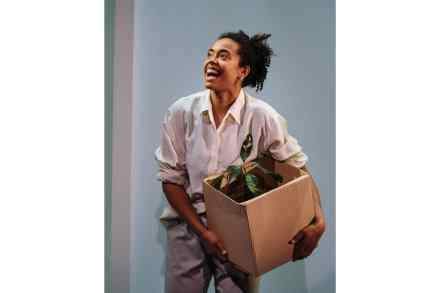Proof at last that the Great Pyramid wasn’t built by aliens
More from BooksBecause I once made the mistake of dabbling in Egyptology, some ‘friend’ will schwack me every other week with a meme, cartoon or article about people who still believe the pyramids were built by aliens. I have longed for a handy single volume to present to these loons, full of unarguable evidence putting this business






























